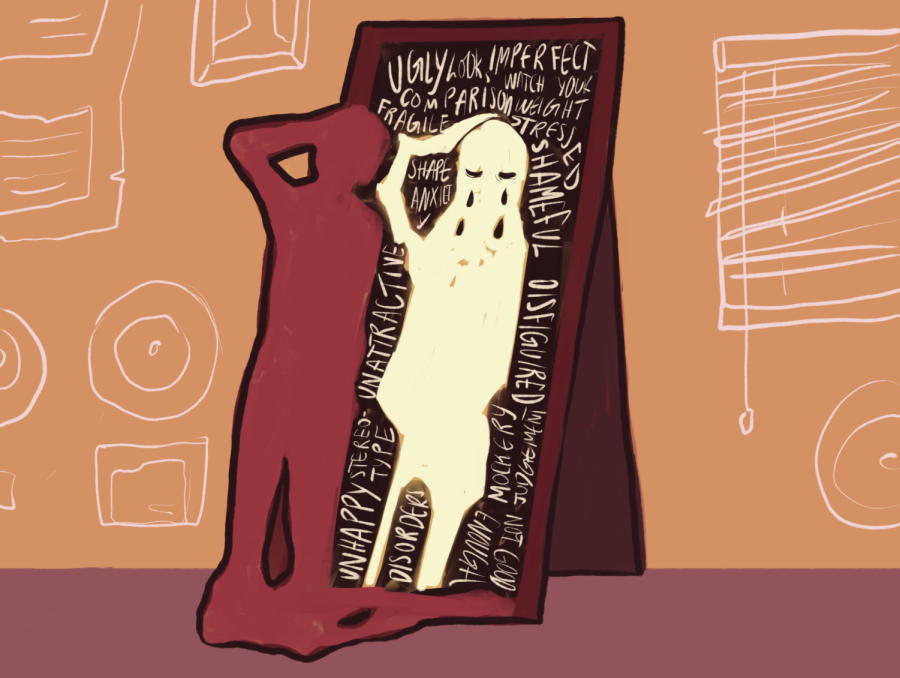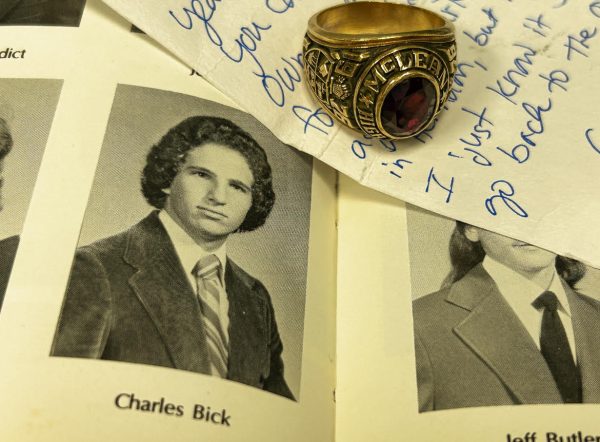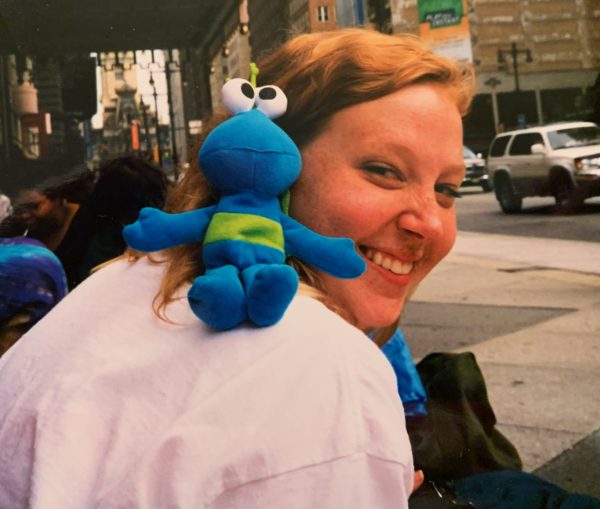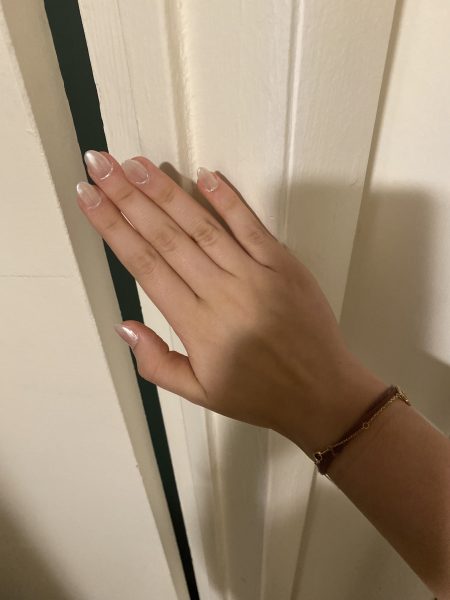Students at McLean struggle with body shaming
McLean students detail their experiences with body shaming and its negative implications.
With the ever growing nature of technology and advancements such as social media, the public is able to connect with users across the globe to spread information, participate in trends and engage in discussion. However, with these new advancements come great issues. Widespread misinformation regarding diets, eating “healthy” and what the common person should look like promotes new, unattainable beauty standards that often create a hostile environment of body shaming, the act or practice of humiliating someone by making mocking or critical comments about their body shape or size.
Teenagers are disproportionately affected by the sway of social media and much of the body shaming that comes from it. Since much of the media is catered to the youth, many teens are exposed to a hostile mentality and image of what someone “should” look like.
“Body shaming is pointing out or making someone feel bad about their body and how it looks,” junior Thomas Sydnor said. “It’s not just about weight, and it can happen for many reasons.”
Most students are impacted by body shaming at some point in their lives. According to a survey of 52 McLean students, 61.5% of them have experienced body shaming. Additionally, body shaming at McLean is a widespread issue that can create insecurities and hatred for a student’s physical appearance.
“Body shaming falls into the category of bullying,” AP Psychology teacher Katie Van Nuys said. “It occurs everywhere.”
Body shaming has the capability to change the way people view themselves and deconstruct one’s body image. Further, shaming can lead to long term unhealthy implications such as eating disorders and a bad body image.
“Body shaming can lead to eating disorders which can be incredibly crippling,” Sydnor said. “I had issues with body image and it was really debilitating and controlled a lot of my life.”
Sydnor has seen some of his peers heavily impacted by body shaming as well.
“I’ve had a few friends that have had eating disorders, and it’s been really challenging to talk with them,” Sydnor said. “For a lot of students, it is something they feel ashamed to talk about because they don’t want to draw attention to it.”
However, some students have not been affected as directly, or have reacted differently to any commentary they may receive.
“I think some people don’t care [if they are body shamed] and some people are more impacted,” Van Nuys said. “But it certainly can affect all aspects of your life.”
Students at McLean are sometimes consumed by shaming. With a stressful environment and social media implemented into everyday lives, it is hard to avoid a feeling negatively about one’s body image.
“Body image in specific has destroyed me,” senior Melanie Lindsey said. “My life has revolved around it, and it has restrained me and caused me to put my life in danger and on hold and lose a sense of knowing who I am.”
Lindsey has worked hard to overcome her body image issues. She now runs a food positive account on Instagram, @littlemelliebigeats, which encourages a food-positive attitude.
“On the account, I post food that I eat, mostly from restaurants, with some home cooked meals and snacks,” said Lindsey. “I have always been passionate about nutrition.”
The account now has over 100 followers, and she posts weekly snapshots of diverse meals. Lindsey has used this account as a tool to maintain a productive attitude around food and to encourage her friends and family to do so as well.
“Having my account has helped me because creating the content for it is something I genuinely enjoy doing, and the feedback I’ve received is positive,” Lindsey said.
Many students of the McLean community tend to fall trap to online beauty promotions and peer pressure to look a certain way. By creating her Instagram page, Lindsey has been able to fight the stigma by posting an unfiltered, attainable lifestyle that doesn’t strive to adhere to an unrealistic standard.
“What is not expressed enough in the ‘health & fitness’ community is that everyone’s internal workings of their body is different,” Lindsey said. “Tailoring your diet, your routine, your life to fit what works for someone else is not realistic and can be detrimental to mental health.”
While body shaming remains a prevalent issue at McLean, students and staff continue to combat it, no matter how small the effort.
“[It is important to note that] all features are beautiful, and [people] do not need to adhere to anyone’s beauty standard,” Lindsey said. “Everyone interprets the ‘beauty standard’ differently.”
Your donation supports the McLean High School's independent, award-winning news publication.












